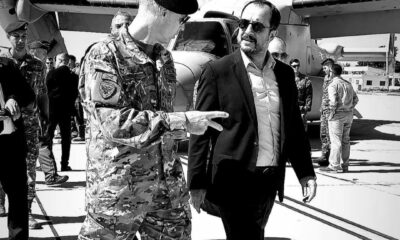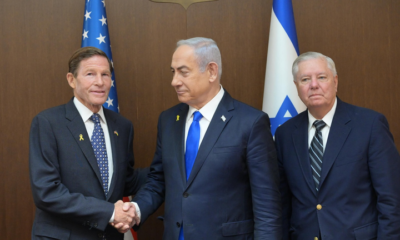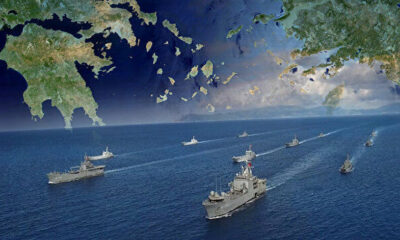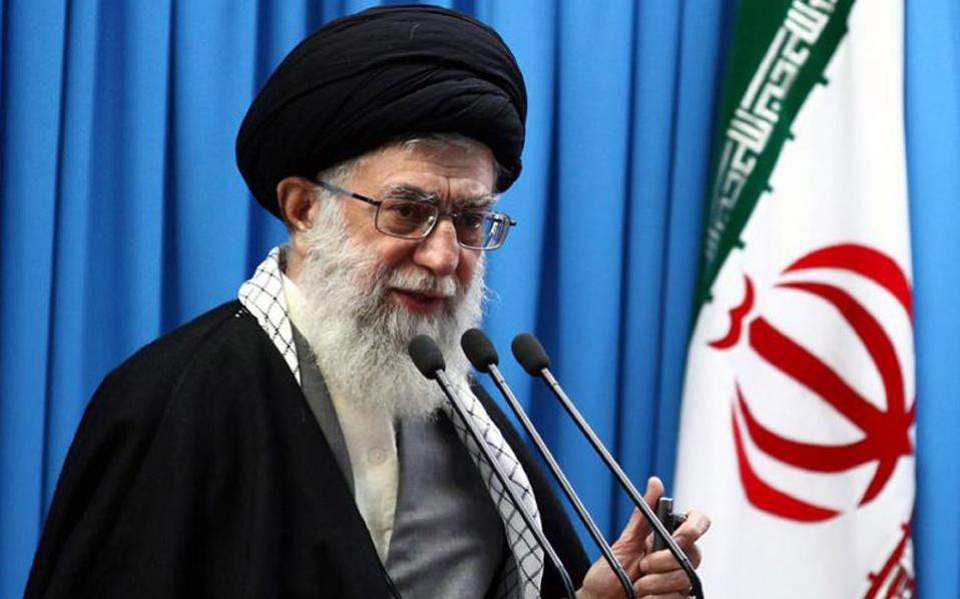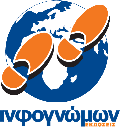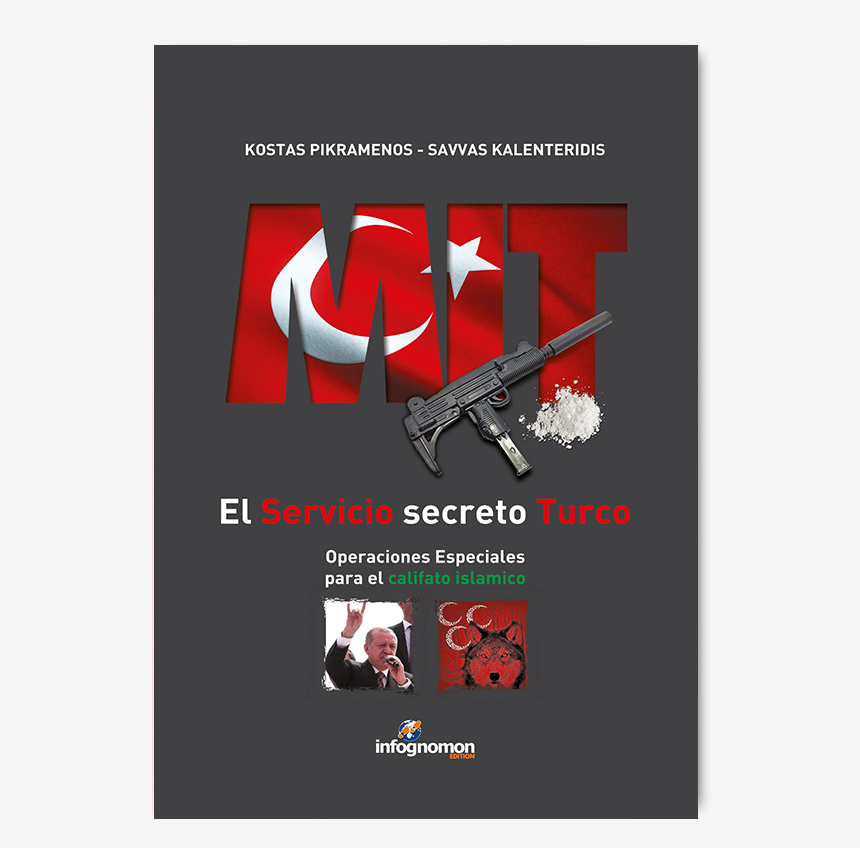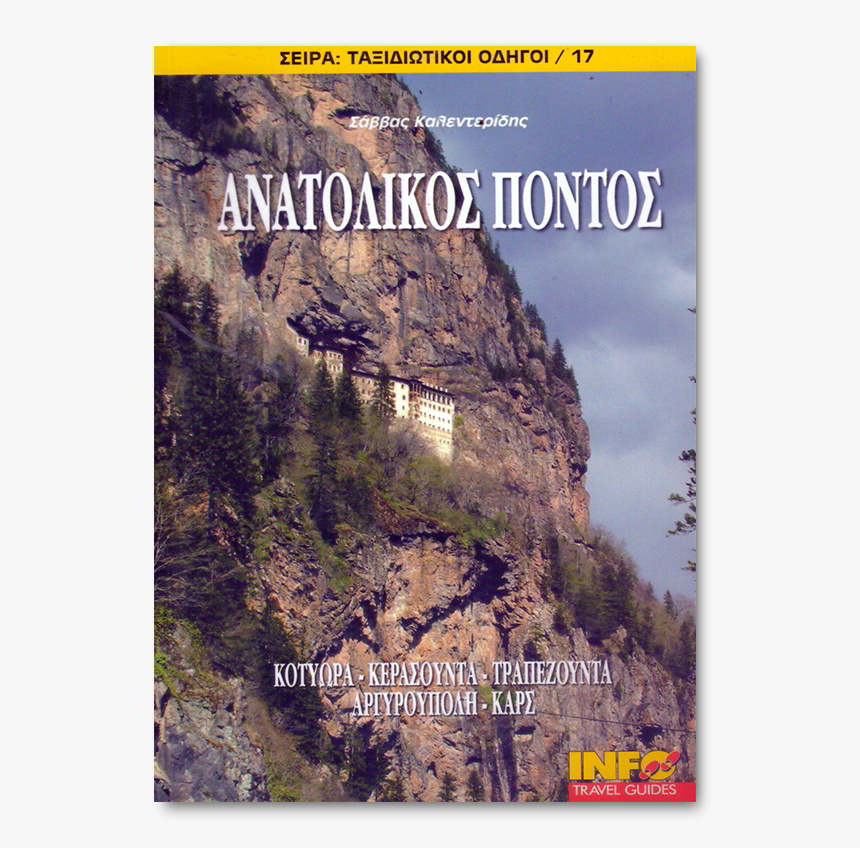
ΗΠΑ
Is There a US-Russia Grand Bargain in Syria?
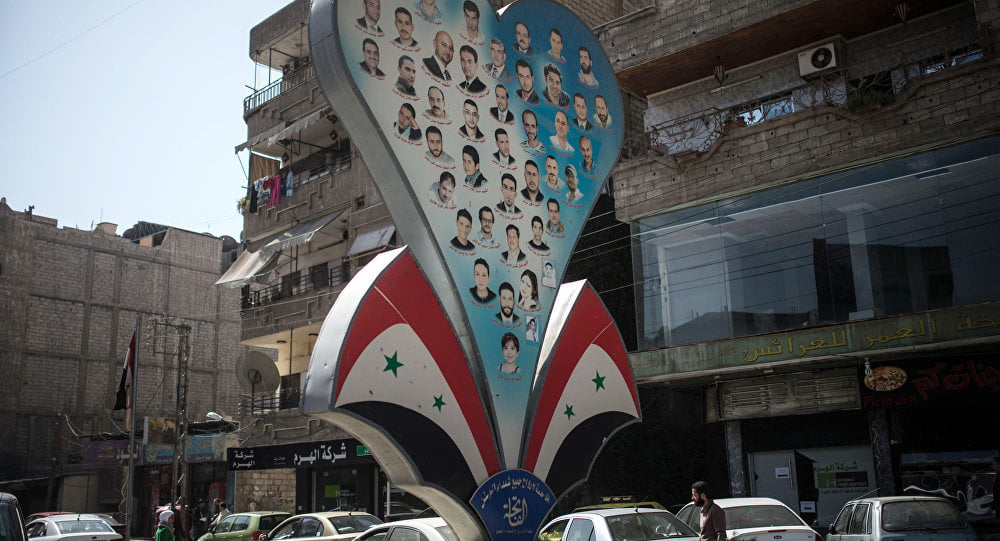
It’s spy thriller stuff; no one is talking. But there are indications Russia would not announce a partial withdrawal from Syria right before the Geneva negotiations ramp up unless a grand bargain with Washington had been struck.

Read more: http://sputniknews.com/columnists/20160317/1036477086/us-russia-syria-bargain.html#ixzz43ZRg8cph

ΗΠΑ
Παράπονα Τραμπ για τους Αμερικανοεβραίους! Τους στήριξα και δεν με στηρίζουν – “Μπλέξιμο” με Ισραήλ
Ο Τραμπ έχει επανειλημμένα καταφερθεί κατά των Αμερικανοεβραίων επειδή δεν τον υποστήριξαν περισσότερο και είπε τον περασμένο μήνα ότι οι Εβραίοι θα έχουν πολλές ευθύνες αν χάσει τον Νοέμβριο.
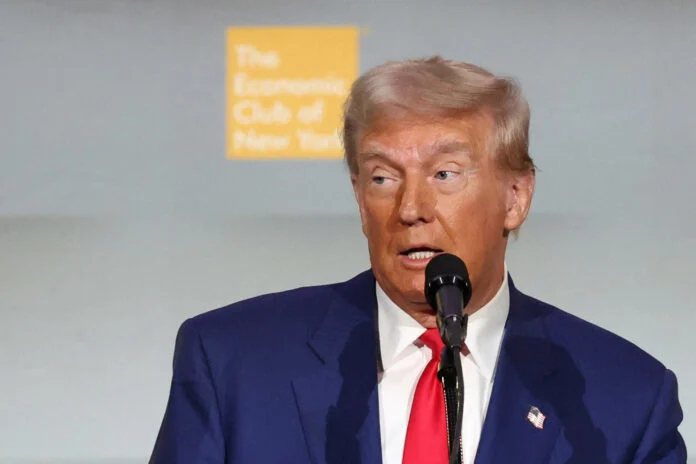
Ο πρώην πρόεδρος των ΗΠΑ Ντόναλντ Τραμπ λέει στον συντηρητικό ραδιοφωνικό παρουσιαστή Hugh Hewitt: «Το Ισραήλ πρέπει να κάνει ένα πράγμα. Πρέπει να είναι έξυπνοι για τον Τραμπ. Γιατί δεν με στηρίζουν. Έκανα περισσότερα από οποιονδήποτε για το Ισραήλ, έκανα περισσότερα από οποιονδήποτε για τον εβραϊκό λαό. Και δεν είναι αμοιβαίο, όπως λένε».
Δεν είναι σαφές εάν ο Ρεπουμπλικανός υποψήφιος για την προεδρία ήθελε να πει «Αμερικανοί Εβραίοι» αντί για «Ισραήλ» στην πρώτη φράση, αλλά συχνά συγχέει τα δύο και οδηγεί σε κατηγορίες ότι χρησιμοποιεί αντισημιτικά ρητορική.
Ο Τραμπ έχει επανειλημμένα καταφερθεί κατά των Αμερικανοεβραίων επειδή δεν τον υποστήριξαν περισσότερο και είπε τον περασμένο μήνα ότι οι Εβραίοι θα έχουν πολλές ευθύνες αν χάσει τον Νοέμβριο. Αλλά συνήθως δεν ισχυρίζεται ότι το Ισραήλ δεν τον υποστηρίζει, και μάλιστα μερικές φορές επικαλείται δημοσκόπηση που δείχνει ότι οι Ισραηλινοί τον υποστηρίζουν σε πολύ υψηλά νούμερα.
ΗΠΑ
The American Conservative: Απέτυχε ο πόλεμος των ΗΠΑ στην Ουκρανία! Εξαντλήθηκαν τα αποθέματα όπλων
Η πολιτική της αμερικανικής ηγεσίας σχετικά με την ουκρανική κρίση οδήγησε στην εξάντληση των αποθεμάτων όπλων στις Ηνωμένες Πολιτείες και συνέβαλε στην απόκτηση «πλούσιας εμπειρίας από τη Ρωσία στην καταστροφή πολυάριθμων αμερικανικών οπλικών συστημάτων από άρματα μάχης Abrams έως βλήματα πυροβολικού ακριβείας Excalibur.»

«Οι προσπάθειες της Αμερικής να διεξαγάγει έναν πόλεμο αντιπροσώπων στην Ουκρανία πλησιάζουν αργά αλλά σταθερά σε αποτυχία» τόνισε ο αρθρογράφος του περιοδικού The American Conservative Zachary Yost.
Σύμφωνα με τον εμπειρογνώμονα, η πολιτική της αμερικανικής ηγεσίας σχετικά με την ουκρανική κρίση οδήγησε στην εξάντληση των αποθεμάτων όπλων στις Ηνωμένες Πολιτείες και συνέβαλε στην απόκτηση «πλούσιας εμπειρίας από τη Ρωσία στην καταστροφή πολυάριθμων αμερικανικών οπλικών συστημάτων από άρματα μάχης Abrams έως βλήματα πυροβολικού ακριβείας Excalibur.»
Ο αναλυτής πιστεύει ότι με τη διάθεση σημαντικών πόρων για τη χρηματοδότηση του καθεστώτος του Κιέβου, η Ουάσιγκτον ξεχνά τα δικά της προβλήματα ασφαλείας.
«Ο στρατός των ΗΠΑ περιορίζεται όχι μόνο από την έλλειψη εξοπλισμού, αλλά και από την έλλειψη ανθρώπων».
«Η στρατολόγηση έχει καταρρεύσει, με τεράστια ελλείμματα εδώ και αρκετά χρόνια και η κατάσταση είναι απίθανο να βελτιωθεί σύντομα”
Από το 2022, η Ουάσιγκτον δηλώνει την ακλόνητη υποστήριξή της στο Κίεβο, μεταξύ άλλων με όπλα.
Οι Ηνωμένες Πολιτείες επεκτείνουν συνεχώς το φάσμα των προμηθειών για πολεμικές επιχειρήσεις κατά της Ρωσικής Ομοσπονδίας, συμπεριλαμβανομένων στον κατάλογο όπλων βαρέων τεθωρακισμένων οχημάτων, πυραύλων και αεροσκαφών ικανών να φέρουν πυρηνικά όπλα.
ΗΠΑ
Κυρώσεις από ΗΠΑ που στοχεύουν τη Χαμάς ανήμερα της 7ης Οκτωβρίου! Μία ΜΚΟ και ένας υπήκοος Υεμένης που ζει στην Τουρκία χρηματοδοτούσαν την οργάνωση
«Το Υπουργείο Οικονομικών θα χρησιμοποιήσει όλα τα διαθέσιμα εργαλεία που έχουμε στη διάθεσή μας για να λογοδοτήσει η Χαμάς και οι φορείς της, συμπεριλαμβανομένων εκείνων που επιδιώκουν να εκμεταλλευτούν την κατάσταση για να εξασφαλίσουν πρόσθετες πηγές εσόδων», δήλωσε η υπουργός Οικονομικών των ΗΠΑ Τζάνετ Γέλεν
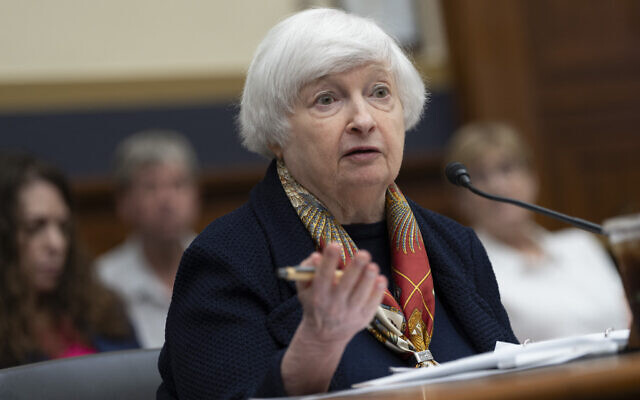
Οι Ηνωμένες Πολιτείες επιβάλλουν κυρώσεις σε διεθνές δίκτυο συγκέντρωσης κεφαλαίων της Χαμάς, κατηγορώντας το ότι διαδραμάτισε κρίσιμο ρόλο στην εξωτερική συγκέντρωση χρημάτων για την παλαιστινιακή τρομοκρατική ομάδα, σε δράση για τον εορτασμό της πρώτης επετείου από τις φρικαλεότητες της τρομοκρατικής ομάδας στο Ισραήλ στις 7 Οκτωβρίου 2023.
Το Υπουργείο Οικονομικών των ΗΠΑ σε ανακοίνωσή του αναφέρει ότι επέβαλε κυρώσεις σε τρία άτομα και αυτό που αποκαλεί «ψευδή φιλανθρωπική οργάνωση», την οποία κατηγορεί ότι είναι εξέχοντες διεθνείς οικονομικοί υποστηρικτές της Χαμάς, καθώς και στην τράπεζα Al-Intaj στη Γάζα που λέει ότι είναι ελέγχεται από την ομάδα.
Στο στόχαστρο είναι επίσης ένας μακροχρόνιος υποστηρικτής της Χαμάς, ένας υπήκοος Υεμένης που ζει στην Τουρκία, και εννέα από τις επιχειρήσεις του, αναφέρει το υπουργείο Οικονομικών.
«Καθώς συμπληρώνουμε έναν χρόνο από τη βάναυση τρομοκρατική επίθεση της Χαμάς, το Υπουργείο Οικονομικών θα συνεχίσει να υποβιβάζει αμείλικτα την ικανότητα της Χαμάς και άλλων αποσταθεροποιητικών ιρανών πληρεξούσιων να χρηματοδοτούν τις επιχειρήσεις τους και να πραγματοποιούν πρόσθετες βίαιες ενέργειες», δήλωσε η υπουργός Οικονομικών Τζάνετ Γέλεν στη δήλωση.
«Το Υπουργείο Οικονομικών θα χρησιμοποιήσει όλα τα διαθέσιμα εργαλεία που έχουμε στη διάθεσή μας για να λογοδοτήσει η Χαμάς και οι φορείς της, συμπεριλαμβανομένων εκείνων που επιδιώκουν να εκμεταλλευτούν την κατάσταση για να εξασφαλίσουν πρόσθετες πηγές εσόδων».
-
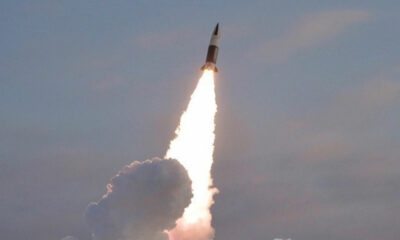
 Ιράν6 ώρες πριν
Ιράν6 ώρες πρινΚόκκινος συναγερμός στο κεντρικό Ισραήλ! Εκτοξεύτηκε βαλλιστικός πύραυλος από την Υεμένη – Αναχαιτίστηκε με επιτυχία λέει ο IDF
-
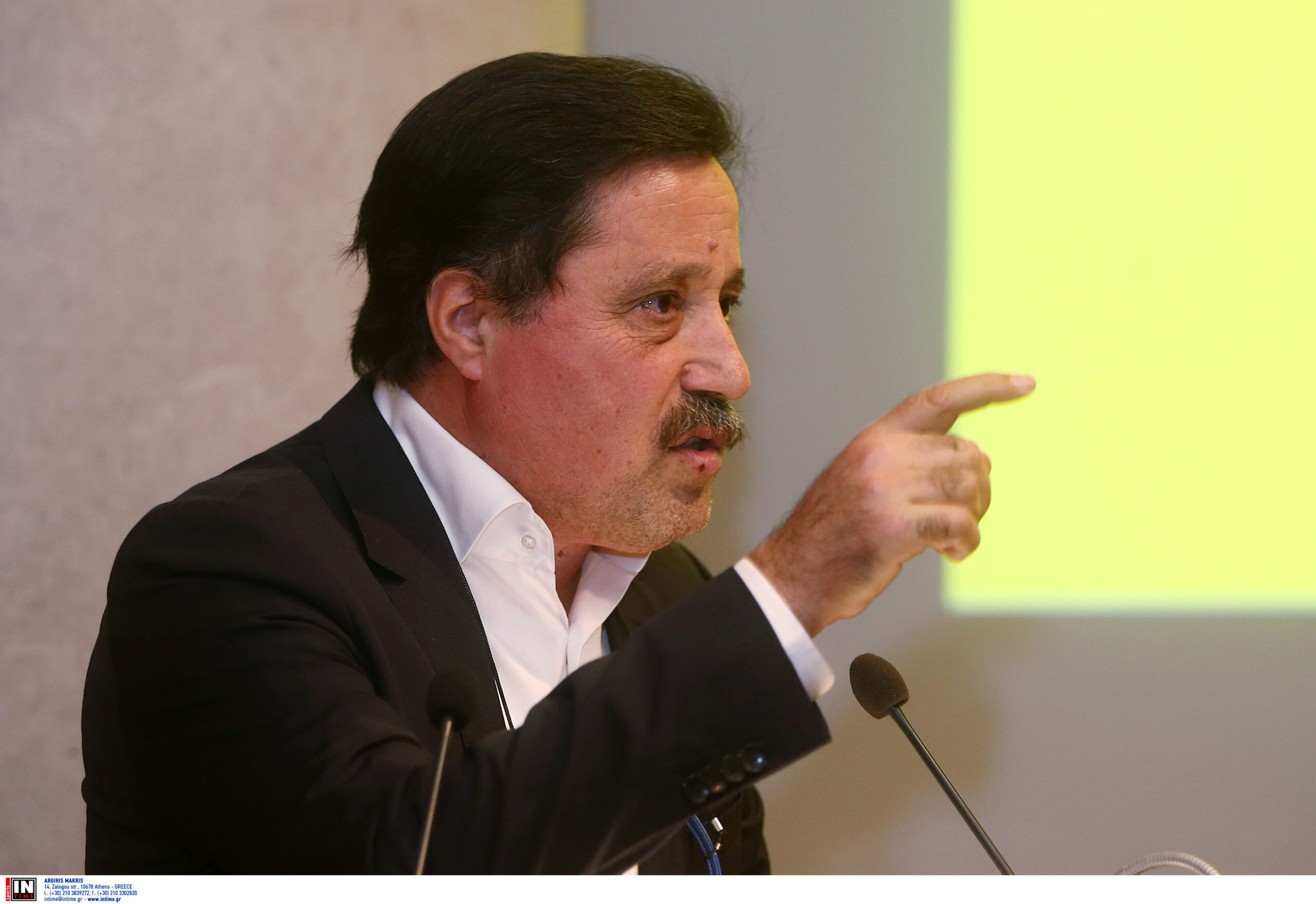
 Video10 ώρες πριν
Video10 ώρες πρινΙσραήλ: Αν χτυπήσει πυρηνικά, αρχίζει η καταστροφή
-

 Video12 ώρες πριν
Video12 ώρες πρινΑσταμάτητο το Ισραήλ! Βομβάρδισε Ρωσική βάση στην Συρία
-
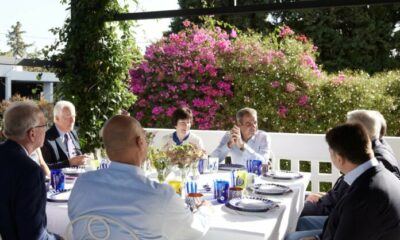
 Εξωτερική Πολιτική2 ημέρες πριν
Εξωτερική Πολιτική2 ημέρες πρινΣτο επίκεντρο η ελληνοαμερικανική συνεργασία σε συνάντηση του Μητσοτάκη με Αμερικανούς γερουσιαστές στα Χανιά
-
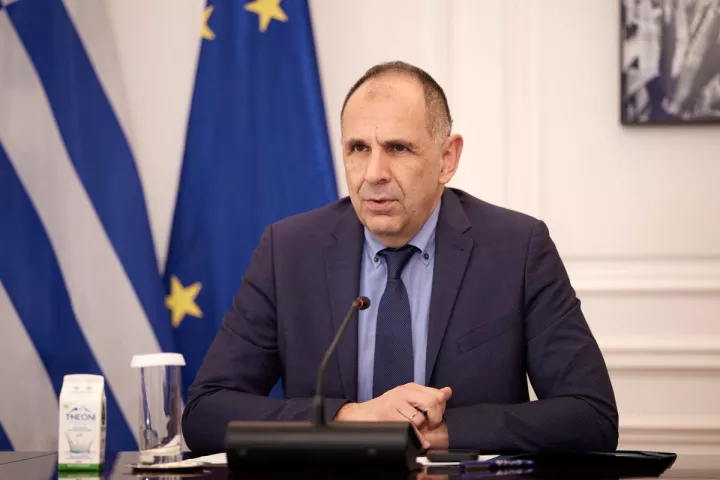
 Αναλύσεις2 ημέρες πριν
Αναλύσεις2 ημέρες πρινQuo vadis κύριε Γεραπετρίτη;
-

 Γενικά θέματα2 ημέρες πριν
Γενικά θέματα2 ημέρες πρινΜία νέα αρχή για το «Γεωπολιτικό»
-
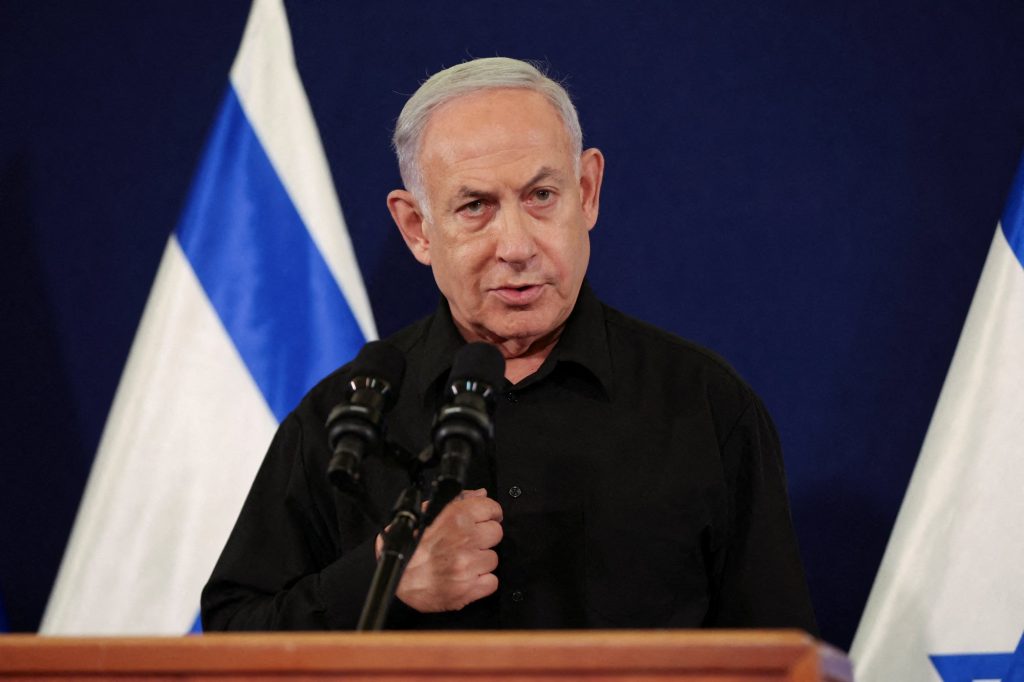
 Ιράν2 ημέρες πριν
Ιράν2 ημέρες πρινKίνηση υψηλού ρίσκου του Ισραήλ! Δεν αποκλείει χτύπημα στα πυρηνικά του Ιράν ο Νετανιάχου – Πότε θα χτυπήσει;
-

 Αστυνομία2 ημέρες πριν
Αστυνομία2 ημέρες πρινΑποκάλυψη! Ειδικό λογικό ισραηλινής κατασκευής για μαζική αναγνώριση προσώπων αποκτά η ΕΛ.ΑΣ.





